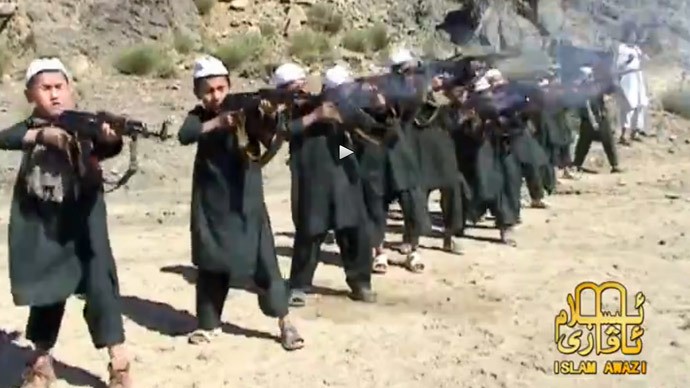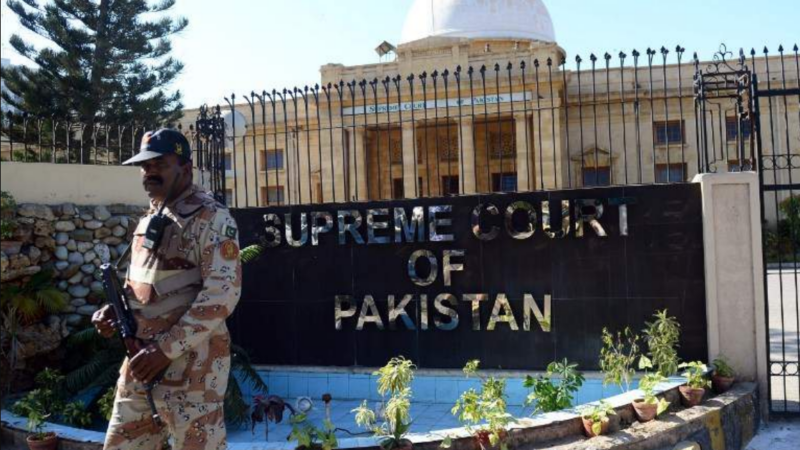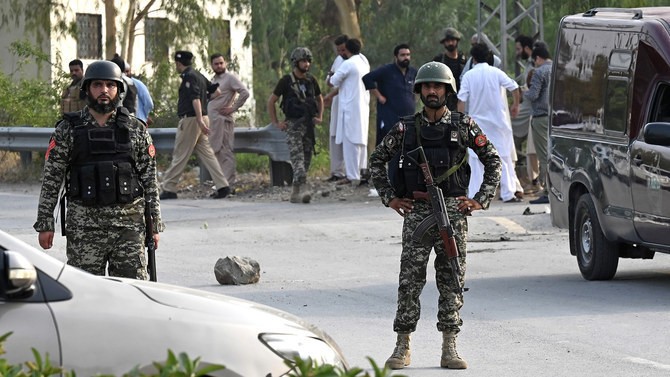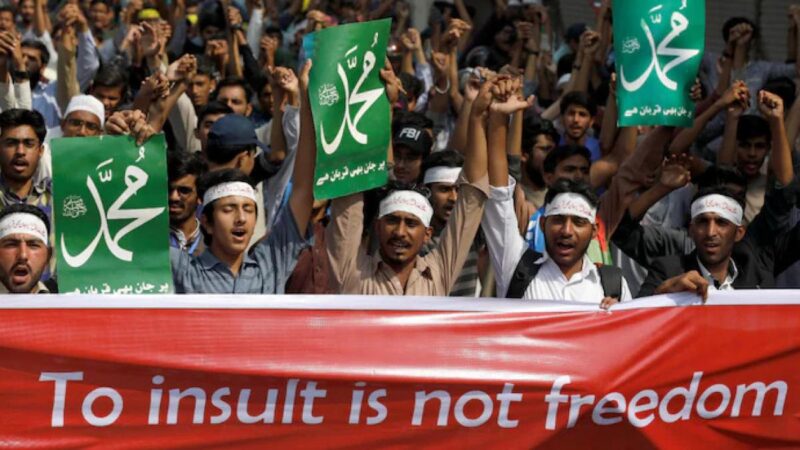Pakistan’s Terror Chicken Comes Home To Roost

To understand the importance of the July 30, 2023 bombing in Bajaur in Pakistan’s Khyber Pakhtunkhwa (KP) province, it is essential to hark back to the 1980s ‘jihad’ against the Soviet-backed regime in neighbouring Afghanistan. Maulana Fazlur Rahman who trained thousands of fighters for that war is today the target of the same faith-driven gun culture.
Those killed were men of JUI-F, gearing up for the elections. Militant groups had in the past in two elections (2013 and 2018) attacked rallies of ‘secular’ political parties, mainly the Awami National Party and the PPP, relatively less the Pakistan Muslim League (Nawaz) and by and large sparing Imran Khan’s PTI.
Analysts have said that this was part of the political ‘engineering’ carried out by the ‘establishment’. It is still unclear who will gain and who will lose in the current process of the elections’ ‘management’. But the Bajaur bombing has ominous signals for all stakeholders, and not just in Pakistan.
For, the prime movers of the violence are not just the Tehreek-e-Taliban Pakistan (TTP), the country’s largest umbrella organisation of Sunni militants that are operating from Afghan soil, but also the global groups, namely the Islamic State (IS). The latest monitoring report submitted to the UN Security Council says the TTP is looking to merge with the IS. This is really a warning to the world community as a whole.
Never really away from it, Pakistan is once again the world’s epicentre of faith-driven militancy. The IS, along with Al Qaida has set up terror shops through several affiliates posing a renewed challenge. The UN report as also Pakistan’s own security analysts have confirmed that the terror combine has spread its tentacles, well beyond the difficult-to-govern tribal belt straddling Pakistan-Afghanistan, but also into Pakistan’s heartland, in Punjab and Balochistan.
But while playing the victim card, Islamabad does not seem to have abandoned its diplomatic stance. It has conveniently found the friend- turned-foe Taliban regime in Afghanistan to blame since it is not cooperating on reining in the TTP. It thinks that an isolated Kabul regime, not recognised by anybody, will suffer further isolation. But the United States is reaching out to Kabul, directly.
Significantly, only the Pakistan foreign office publicised the American ‘certificate’ of having countered terrorism effectively supposedly received
from the US CENTCOM chief, General Michael ‘Erik’ Kurilla, who visited July 23-25. The ‘readout’ by the American side did not put out anything on that score.
For the world community, the larger picture is alarming. According to the UN document, training camps run by various terrorist groups in Afghanistan’s Kunar province are being used by fighters of the banned TTP as well.
It notes that “Since the reunification with several splinter groups, and emboldened by the Taliban take over in Afghanistan, TTP has aspired to re- establish control of territory in Pakistan.”
To return to the Maulana, he heads the largest Islamist party and matters politically. The alarm at his party being attacked signals the unease at the spread of the culture of ‘khilafat’ that the IS strives for in the region. His debacle or weakening upsets the calculations of the ‘establishment’.
Giving a political/electoral twist to the Bajaur bombing, Dawn newspaper (July 31, 2023) commented editorially: “It is important to consider why the workers of a religiously inclined political party could have been subjected to such bestial violence. However ultraconservative the JUI-F’s worldview, the party has chosen to contest power and operate within the parameters set by the Constitution of Pakistan.
“This does not sit well with a host of militant organisations like the TTP, the IS-K and Al Qaeda, which have competed with democratic parties for control of the Pakhtun belt, particularly the tribal belts of KP and Balochistan. These groups, in the past, targeted and decimated the ANP and Qaumi Watan Party for the same reason.
“The JUI-F, however, is an even bigger problem for them as it seeks a path to Islamic rule through the ballot box, while the militants seek the same through ‘jihad’ and to rule by the sword.” The newspaper reflects the thinking of the ‘establishment’ that the political and electoral role of the Maulana and his party is okay, even if it pushes terror-stricken ‘secular’ parties out of the arena, allowing it to be hijacked by militant groups, particularly with global affiliations, is not okay.






